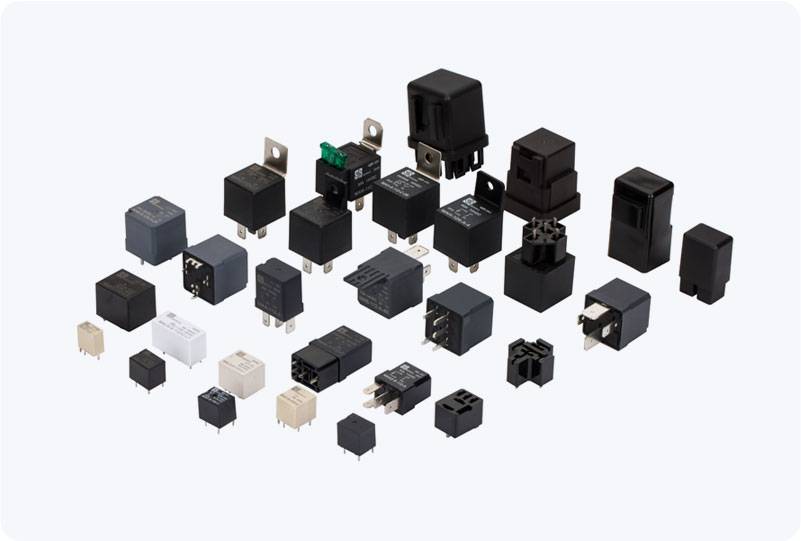In modern industrial settings, reliable motor control systems are essential for maintaining efficiency, safety, and automation. One of the most critical components in these systems is the industrial power relay for motor control. Industrial power relays play an integral role in controlling large motors, providing protection, and ensuring smooth operation in various industrial applications. This article will explore the function, types, and advantages of using industrial power relays in motor control.

The Function of Industrial Power Relays Industrial power relays are electrical devices that enable control over high-power circuits, typically those found in motor control systems. These relays work by using an electromagnetic field to open or close a switch, thereby controlling the flow of electricity to a motor. This allows for the start, stop, or speed adjustment of motors. A critical aspect of power relays is their ability to handle large currents and voltages, making them suitable for motors that require substantial power to operate. The role of a relay in motor control goes beyond just switching on or off. These relays are equipped with specific protection features, such as overload protection, under-voltage protection, and phase loss protection, which prevent damage to the motor in case of electrical faults. Additionally, relays are often used in conjunction with Programmable Logic Controllers (PLCs), which automate the process of turning motors on or off based on preset conditions or inputs.